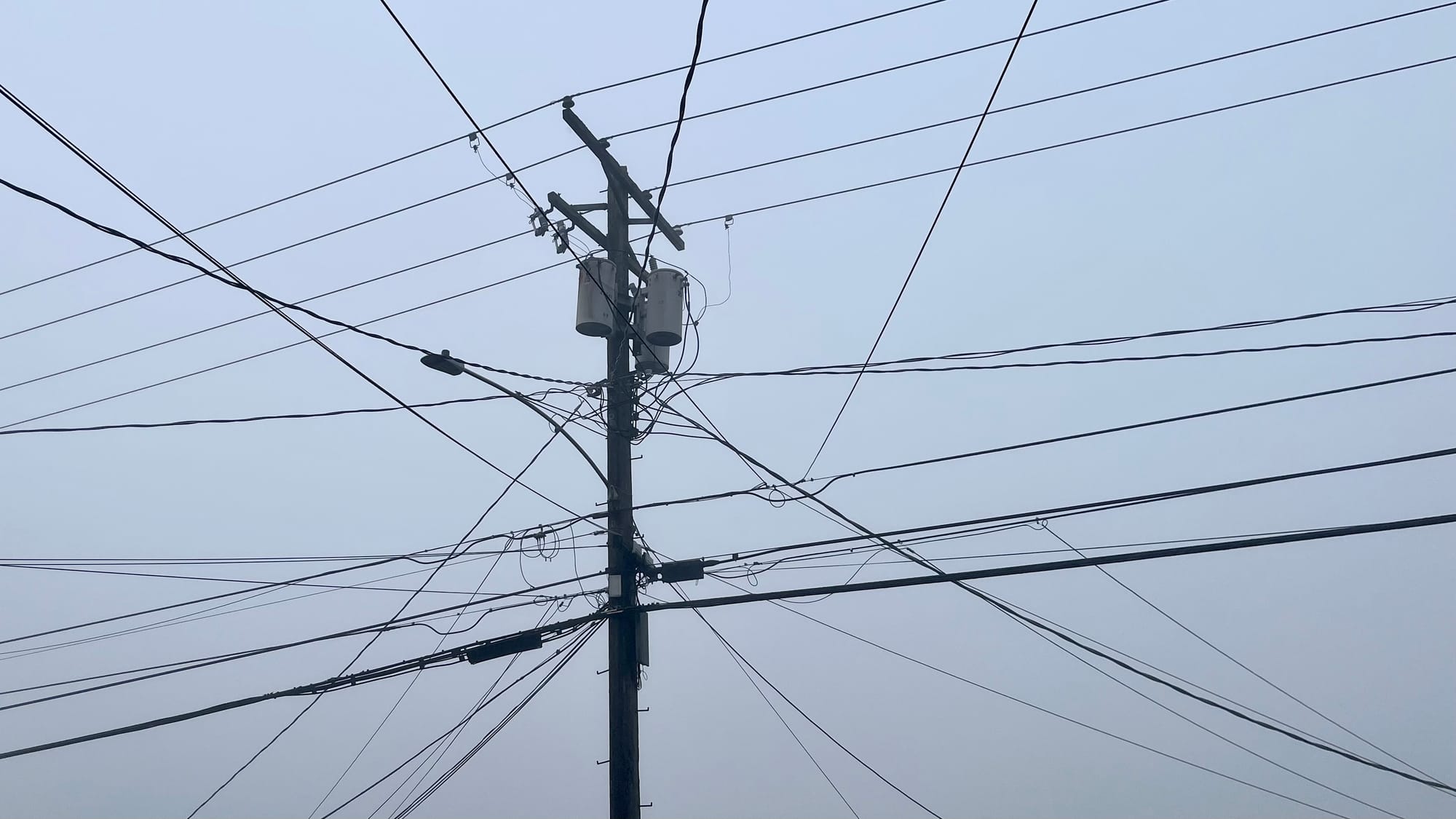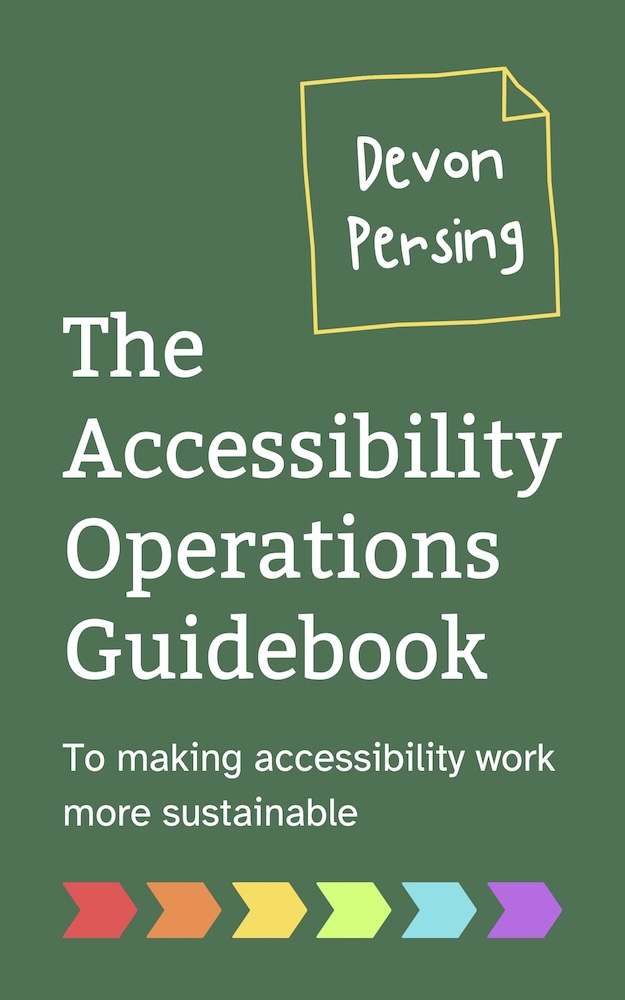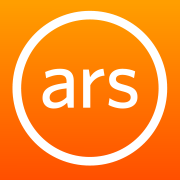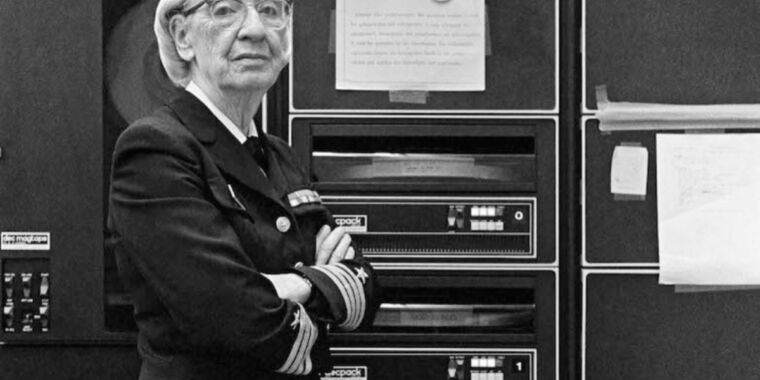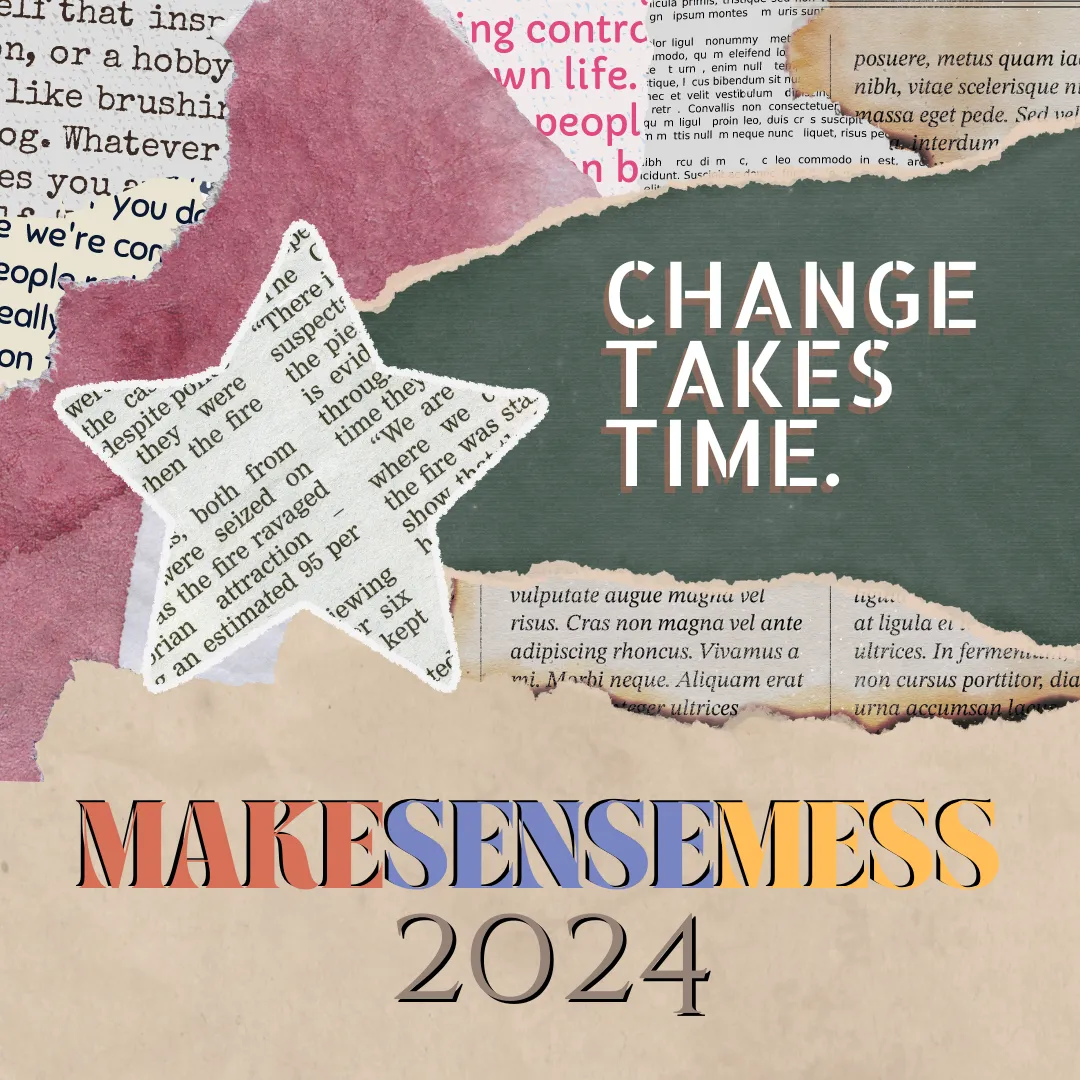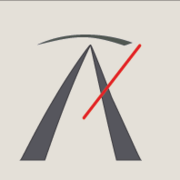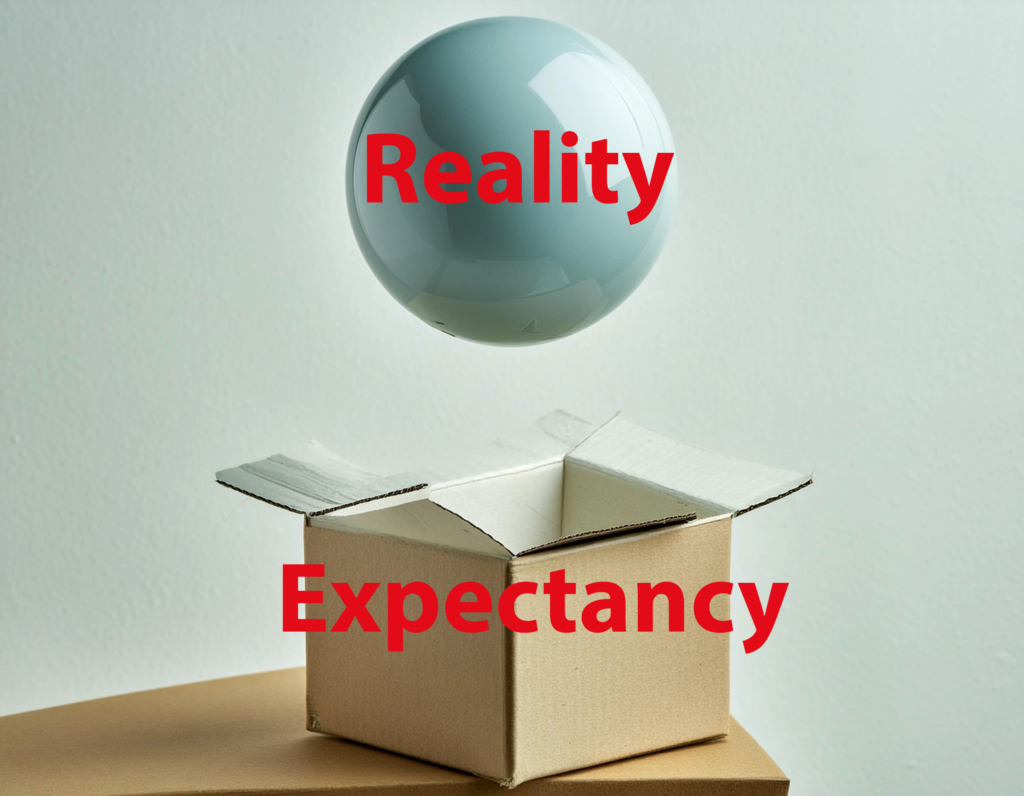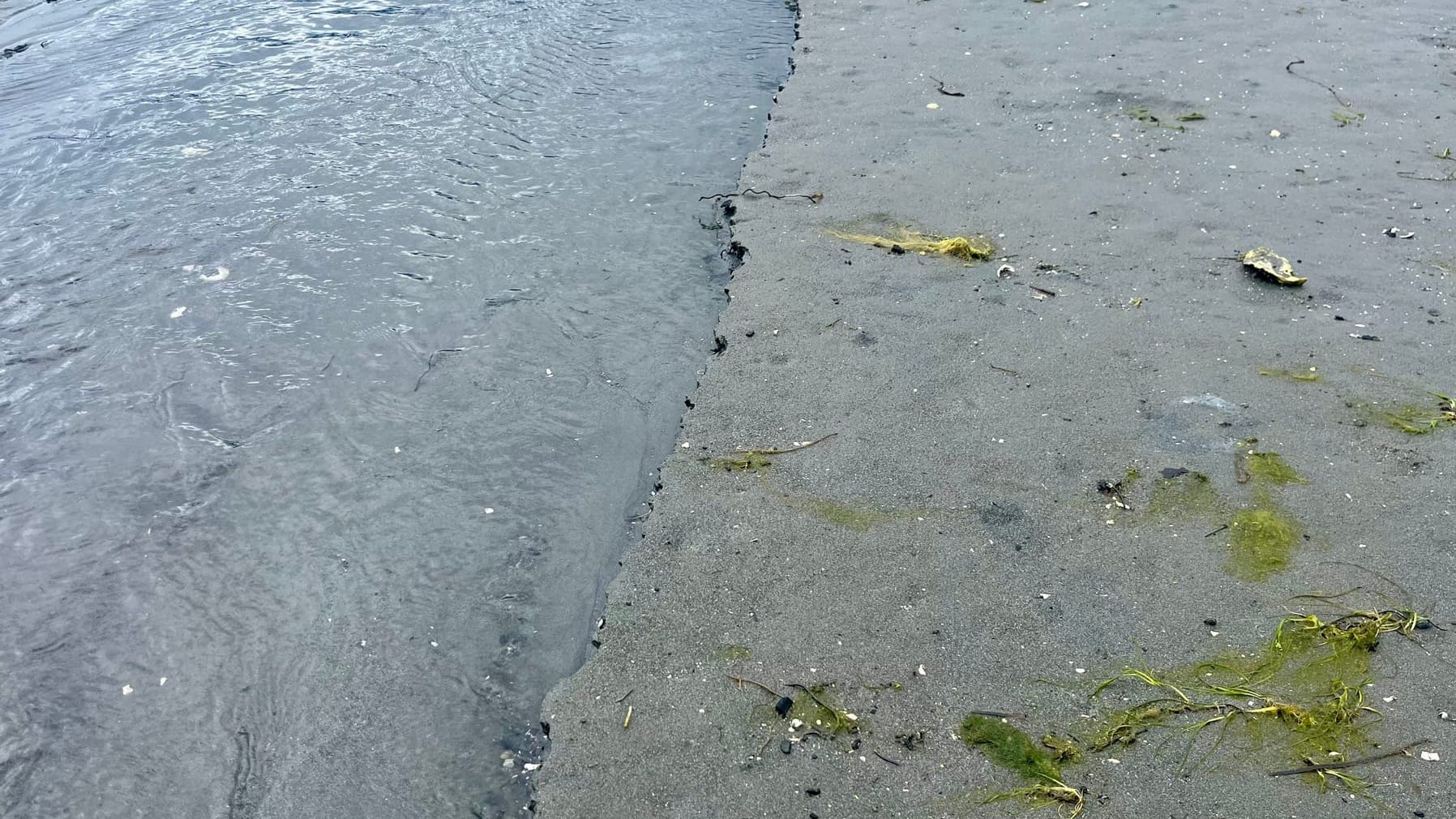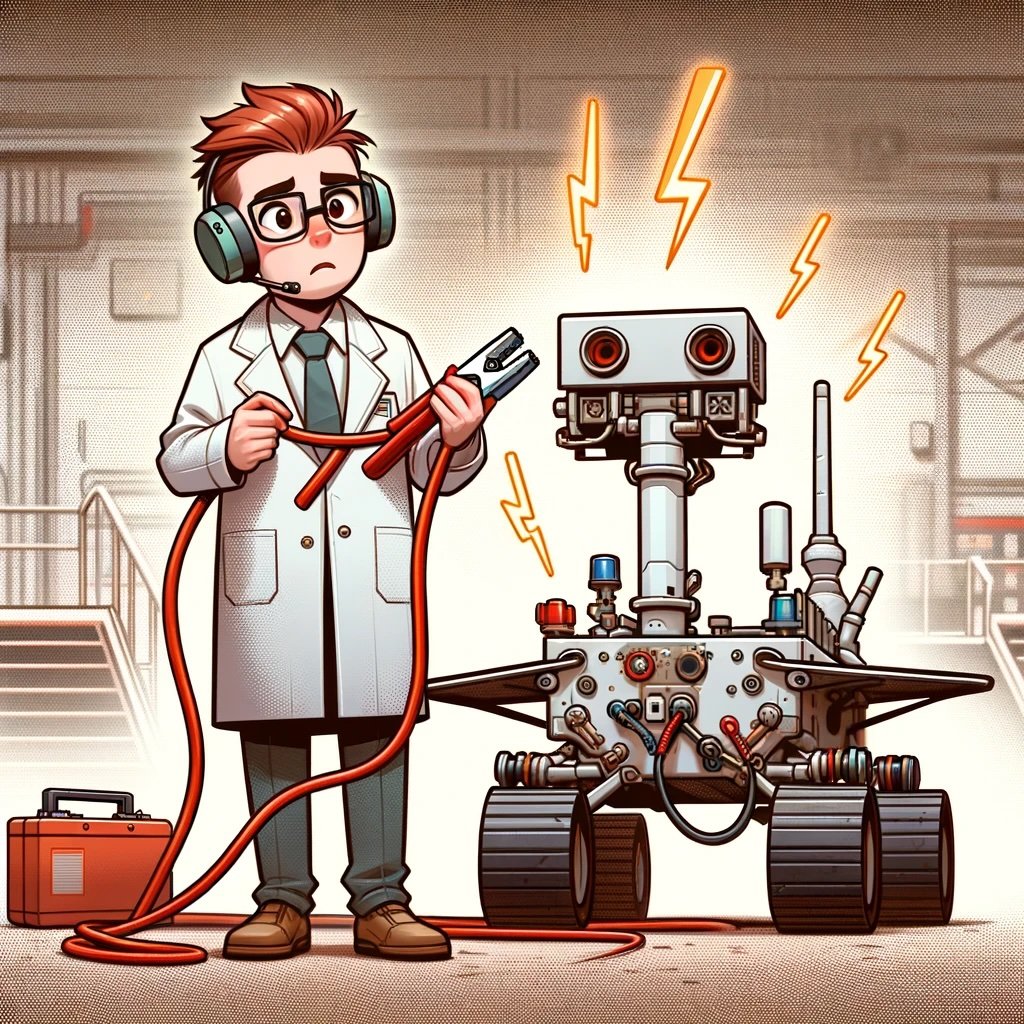Online reading
“I feel connected to my organization’s culture.” Only 40% of leadership, 23% of management, and 19% of staff agree with this statement.
My pal Jenny Zhang recently gave a superb conference talk on ways it might be more useful to think about values (fit/mismatch/tension) in the workplace, instead of culture.
I particularly enjoyed this:
The expected return of going to leadership with negative feedback is terrible. Risk alienating your boss for the sake of telling the truth? Why? Even if you’re not directly retaliated against, and people often are, it can still really damage your standing. If you speak up too often, you’re branded as the naysayer. If you’re part of a marginalized group raising issues about how marginalized people are treated, you’re tarred as being “political” or “biased”. And of course, most of the time the canaries in the cultural coal mine are the marginalized employees with the least standing, because they’re the ones with the least protection when the cracks start to show.
Part of my client work is to get emerging leaders to develop systems for:
- hearing bad feedback and
- actually doing some damned thing about it—
- even when the doing is difficult.
An important predicate here is that leaders must realize that by the time one person is willing to speak up about a problem, they typically speak for a scared-as-shit coalition of their peers. And, as Jenny points out, leaders should understand that the people who have the capability and urgency to speak up first tend to be the least protected.
Please, read Jenny’s talk or watch the recording:

The “Multisolving” Book
I think this book by Elizabeth Sawin, just released, is an instant classic in systems thinking. The approach:
While the idea of killing two birds with one stone (or “filling two needs with one deed”) is age-old, and the notion of co-benefits in policy-making has been around for years, Multisolving addresses the current mismatch between complex, deeply intertwined societal issues and our siloed approach to them.
Systems thinking is vital for so many kinds of work, but it can also be easy to encounter it and come away thinking—that’s neat, but all a little theoretical, and I have these specific things I am trying to get done this week. This book builds on systems thinking from Donella Meadows and others, but organizes it all in a direct, useful way. Each chapter ends with two things:
- First, some questions for reflection that I am finding useful, both for myself and to bring into discussions with others.
- And second—this is a really wonderful surprise—a short poem that crystallizes the point of the chapter. I remember the images from these poems better than I do the content of the text (which is a good thing).
Buy a copy at the link below and use the code MULTI for a 20% discount.
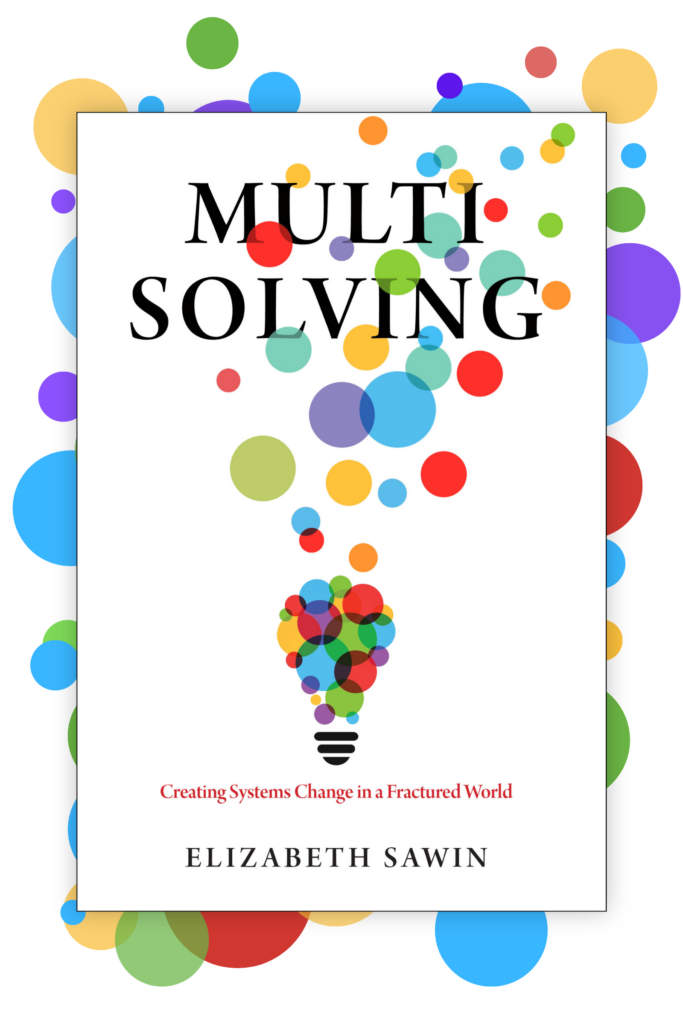
Whole-heartedness
A theme for the month of Zen readings and week of silent retreat I did back in October was “whole-heartedness”—which I cannot think of as anything but the opposite of half-assedness. Here in the USA, we’re entering a season of the politics of the very worst. Achille Mbembe’s 2019 “Necropolitics” is the book through which I understand where we’re heading.
My task right now is to know where the community is—where my communities are—and to engage gently, but whole-heartedly. Does everyone know it’s OK to ask for help? Or to share their fears and specific, material concerns? Because we will continue to need each another. There is no one, or nothing, else.
I’ve been listening to this song for 25 years. It is what whole-heartedness means to me, and I hope it lets some light in for you:
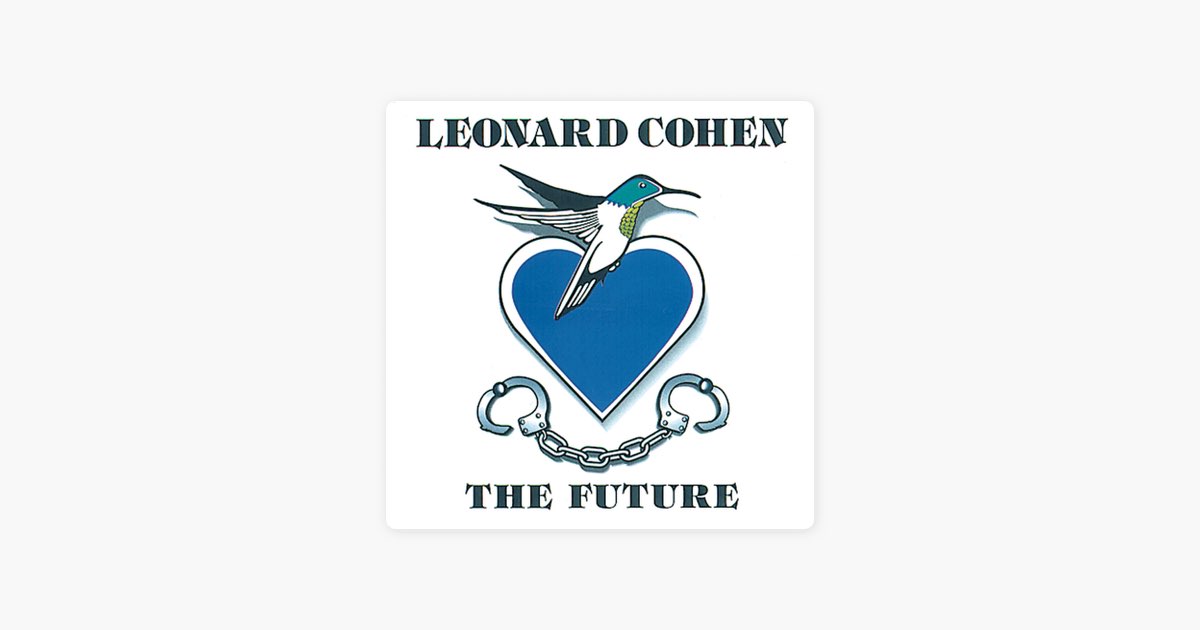
Take good care of yourself and the people around you.



